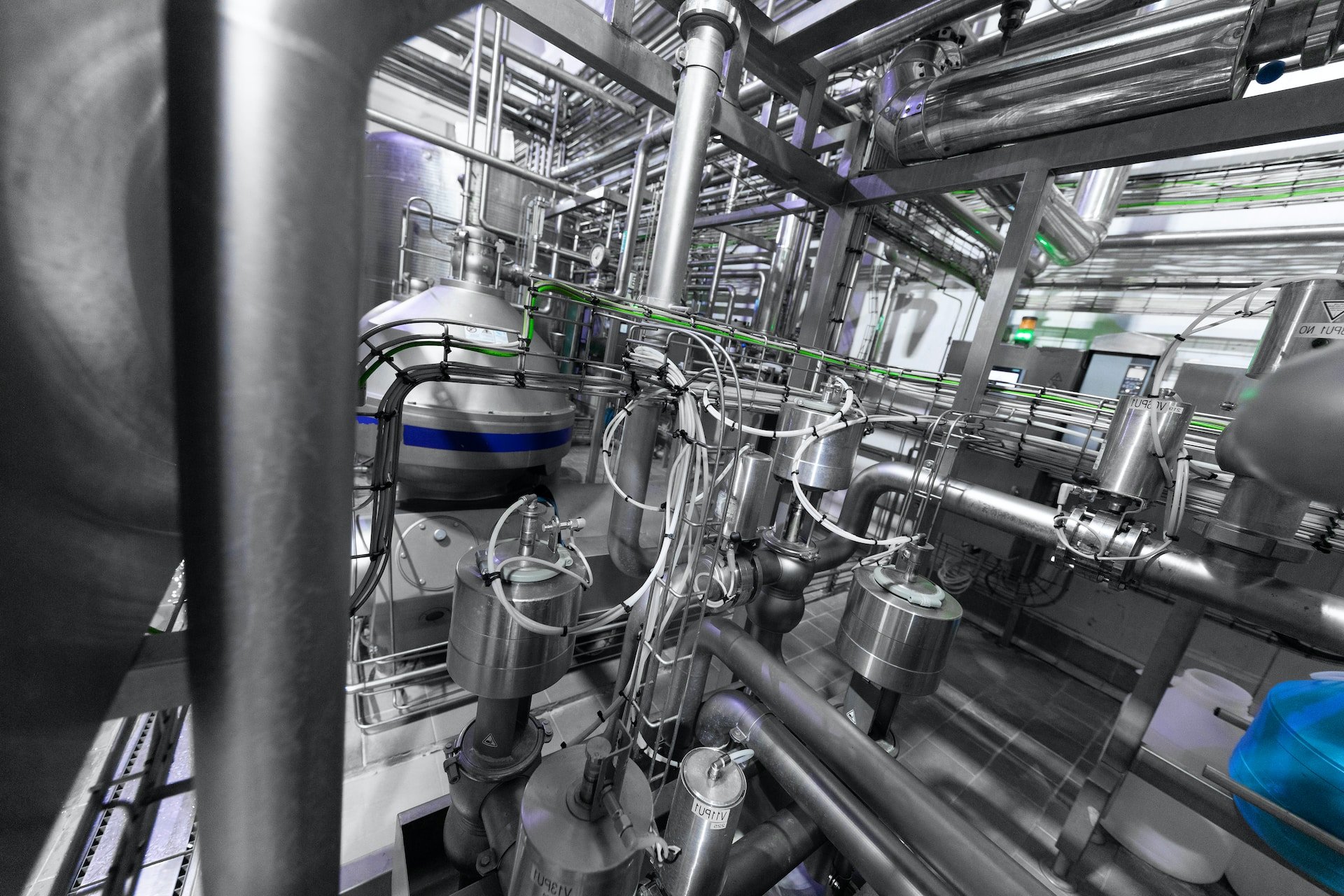Boiler hire services have become increasingly popular in recent years, offering a flexible and cost-effective solution for a wide range of temporary heating needs. From construction sites to commercial buildings, and event venues to emergency situations, having a reliable boiler on site is essential for maintaining comfort, safety, and productivity. At London Climate Hire, we specialise in providing our clients with efficient, well-maintained, and state-of-the-art heating equipment that perfectly suits their specific requirements. In this educational and informative blog post, we will explore the world of boiler hire, explain its various applications and benefits, and offer some helpful tips to ensure you get the most out of your rental.
The Different Types of Boilers for Hire
When it comes to boiler hire, there are several types of boilers available, each with its own set of advantages and limitations. Understanding these differences is crucial for selecting the ideal boiler for your specific requirements. Let’s look at some of the most common types of boilers for hire:
- Electric Boilers: These boilers are powered solely by electricity and offer impressive efficiency rates, as they don’t require a separate fuel source like gas or oil. They are ideal for smaller projects that demand low to medium heating capacity and can be easily installed in any location, as long as there is an adequate power supply. The major advantage of electric boilers is their eco-friendliness, as they produce zero emissions during operation.
- Gas-Fired Boilers: These boilers are powered by natural gas, which is burned to produce heat. Gas-fired boilers offer reliable and cost-effective heating and often have a higher heat output than their electric counterparts. They are best suited for large-scale applications that need powerful heating solutions. However, they require a gas supply and access to proper ventilation to function safely and effectively.
- Oil-Fired Boilers: Similar to gas-fired boilers, oil-fired boilers use oil as the primary fuel source. These boilers are often used for large temporary heating applications in areas where natural gas may not be readily available or easily accessible. Their operation costs, however, tend to be higher than gas-fired boilers due to fluctuations in oil prices.
- Biomass Boilers: An eco-friendly alternative, biomass boilers use sustainable fuel sources, such as wood chips or pellets to generate heat. They boast impressive efficiency rates and significantly reduced carbon emissions compared to other fuel types. However, they require additional space to store the biomass fuel and can be more expensive to install and maintain.
Selecting the Right Size and Output Capacity
Choosing the correct boiler size and output capacity for your project is crucial for ensuring maximum efficiency and performance. Here are three important factors to consider when determining the appropriate size and output capacity for your boiler hire:
- Heat Load Calculation: The first step is to determine the heat load of the building or space you aim to heat. This involves calculating the required number of British Thermal Units (BTUs) needed to effectively maintain the desired temperature. Factors such as building size, insulation, and the number of occupants can impact the heat load calculation.
- Efficiency Factors: Next, consider the efficiency of the boiler. Most modern boilers boast efficiency rates between 80% and 95%. Always opt for a higher efficiency model when possible, as this reduces overall fuel consumption and can lead to significant cost savings.
- Boiler Output Capacity: Lastly, choose a boiler with the correct output capacity based on the required BTUs (taking into account the efficiency factor). It’s important to avoid over-sizing or under-sizing the boiler, as both can lead to inefficient operation, higher fuel consumption, and reduced lifespan.
Maximising Efficiency and Performance
Once you have selected the right boiler type and size for your project, it’s essential to ensure it operates efficiently and maintains peak performance throughout the rental period. The following tips can help improve your boiler’s performance:
- Regular Maintenance: Scheduling routine maintenance checks and servicing can streamline your boiler’s performance and increase its lifespan. This includes tasks like cleaning, checking connections, and testing safety devices.
- Energy Management System: Implementing an energy management system can optimise your boiler’s fuel consumption by monitoring and controlling its operation, maximising both efficiency and performance.
- Insulation: Improve the energy efficiency of your building by insulating walls, windows, and roofs. This minimises heat loss and reduces the required heating capacity, saving both fuel and costs.
- Use of Efficient Equipment: Invest in high-quality, energy-efficient components like pumps, valves, and heat exchangers to enhance your boiler’s efficiency and lower overall operating costs.
Planning for Emergencies: The Importance of Contingency Plans
In the event of an unexpected breakdown, it’s crucial to have contingency plans in place to ensure minimal disruption. Consider partnering with a reliable boiler hire company like London Climate Hire that offers rapid response services, access to a large fleet of boilers, and expert support during emergencies.
Conclusion
Boiler hire offers a flexible, cost-effective, and efficient solution for various temporary heating needs, serving as an invaluable resource for businesses and projects of all sizes. By understanding the various types of boilers available, assessing your heating requirements, and implementing best practices to maximise efficiency, you can ensure the success of your boiler rental experience. With the support of London Climate Hire’s skilled technicians and wide selection of boiler rentals in London, you can rest assured that your project will operate smoothly, regardless of any unexpected challenges.

